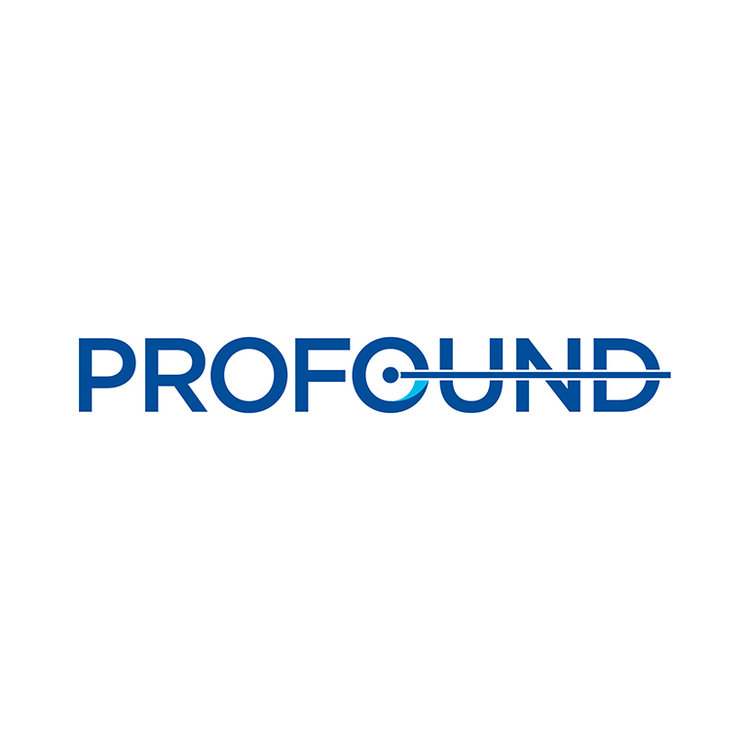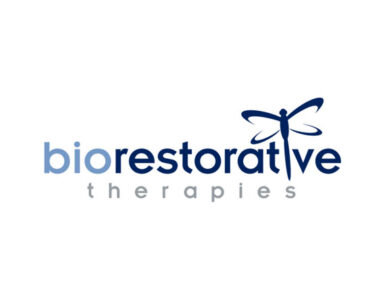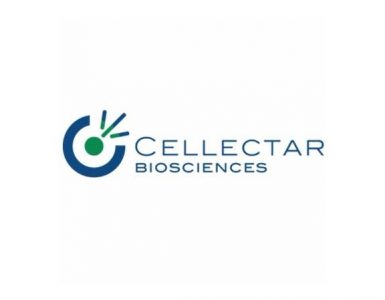
Profound Medical’s (NASDAQ:PROF; TSX:PRN) Sonalleve received FDA humanitarian device exemption (HDE) approval for the treatment of osteoid osteoma.
Osteoid osteoma is a non-cancerous bone tumor that occurs most often in the long bones of the leg, such as the femur and tibia, of young children and adolescents. An osteoid osteoma causes a dull, aching pain that is moderate in intensity, but can worsen and become severe, especially at night.
The most commonly used osteoid osteoma treatment is computed tomography-guided radiofrequency ablation. It requires that patients are exposed to radiation from the imaging necessary to guide a probe through muscle and soft tissue; and into the bone to heat and destroy tumor tissue.
Sonalleve combines real-time magnetic resonance imaging and thermometry with thermal ultrasound to enable precise and incision-free ablation of diseased tissue. Sonalleve can be performed safely with clinical improvement, but without any incisions, needles, or ionizing radiation exposure.
“While we do not expect this FDA HDE approval for Sonalleve to have a material impact on revenues in the near-term, it is nevertheless strategically very important,” Arun Menawat, Ph.D., Profound’s CEO and chairman, said in a statement.
“Obtaining the first regulatory approval for Sonalleve in the U.S. is a significant milestone for the company and we are making preparations for the U.S. commercial launch in 2021. This positive FDA decision was based on a rigorous safety review and is key to our global expansion strategy for this ground-breaking therapeutic platform as we conduct clinical trial






